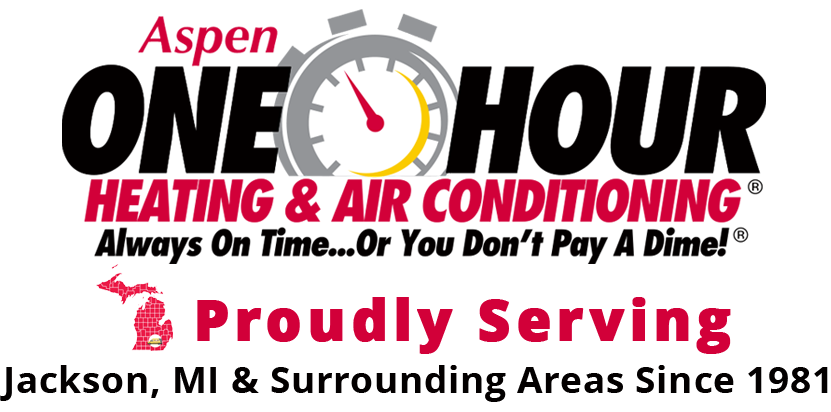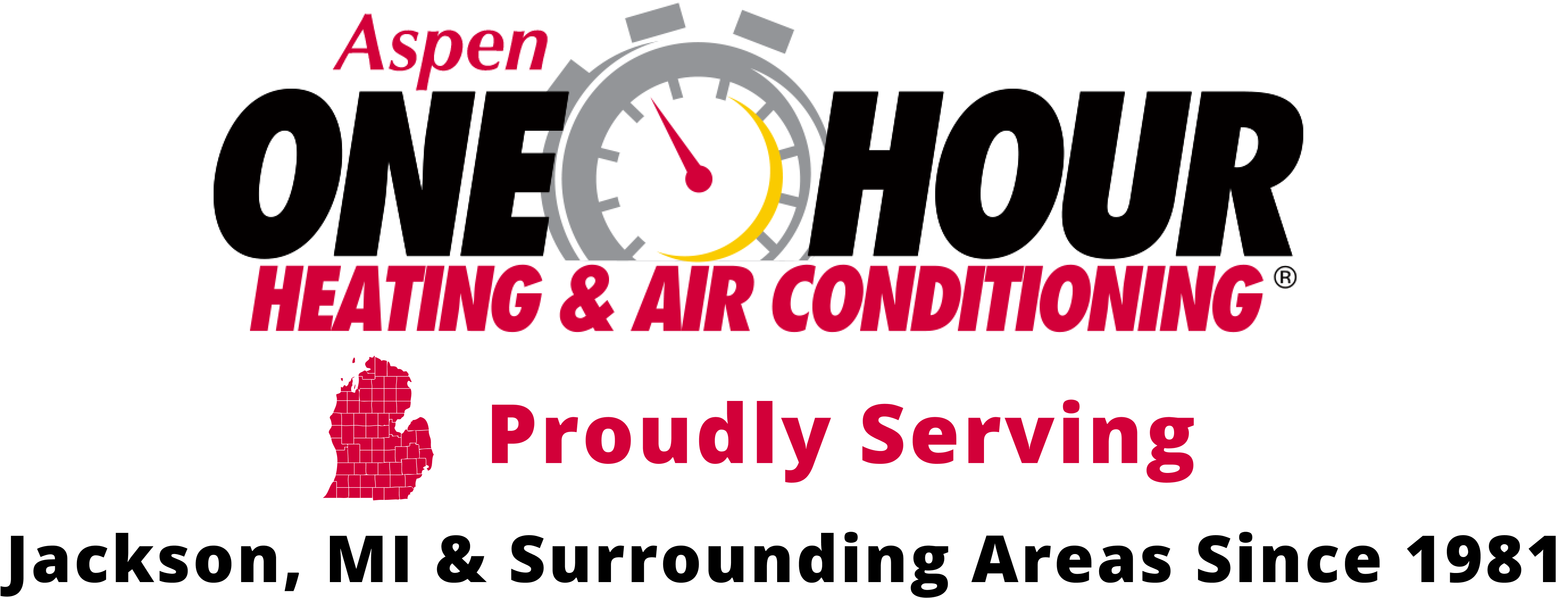As winter approaches, it’s crucial to make sure your HVAC system is ready to handle the demands of the colder months. A well-prepared heating system ensures your home stays warm and comfortable, while also helping you avoid costly repairs and high energy bills.
Winterizing your HVAC system is an important step in maintaining its efficiency and extending its lifespan. In this guide, we’ll walk you through key tips on how to winterize your HVAC system for the cold weather ahead.
Why Winterizing Your HVAC System is Important
Winter brings increased use of your heating system, and without proper preparation, it can lead to higher energy costs, system malfunctions, or even complete breakdowns. Winterizing your HVAC system offers several benefits:
- Energy Efficiency: Proper preparation ensures your system runs more efficiently, lowering your energy consumption and saving you money.
- Preventing Breakdowns: Winterization helps identify and fix minor issues before they turn into major problems during the coldest months.
- Improved Comfort: A well-maintained system heats your home more evenly and consistently.
- System Longevity: Regular maintenance extends the life of your HVAC system, delaying the need for costly replacements.
Essential Steps to Winterize Your HVAC System
- Schedule a Professional HVAC Inspection: Before the cold weather sets in, it’s a good idea to schedule a professional HVAC inspection. An inspection will catch any problems that could worsen during the winter and leave you without heat when you need it most. A certified technician will:
- Check for leaks or issues with your furnace, heat pump, or boiler.
- Inspect electrical components, thermostats, and safety controls.
- Clean and lubricate moving parts.
- Test the system to ensure it’s running efficiently.
- Replace Air Filters: One of the simplest and most effective ways to winterize your HVAC system is by replacing the air filters. Dirty or clogged filters reduce airflow, forcing your system to work harder and increasing energy usage. Fresh air filters improve efficiency and indoor air quality, making sure your home stays warm without overburdening your system. It’s recommended to check and replace filters every 1-3 months, especially during peak usage periods like winter.
- Seal Ductwork: Leaky ducts can cause warm air to escape before it reaches your living spaces, leading to uneven heating and wasted energy. Inspect your ductwork for any gaps, holes, or loose connections, and seal them with duct tape or mastic sealant. This will help ensure that warm air is distributed evenly throughout your home, reducing the strain on your HVAC system.
- Test Your Thermostat: Make sure your thermostat is working properly and set to the right temperature for energy-efficient heating. If you’re still using an older thermostat, consider upgrading to a programmable or smart thermostat. These devices allow you to schedule temperature adjustments throughout the day, ensuring your home stays warm while conserving energy when you’re away or asleep. Set the thermostat lower at night or when you’re not home to save energy, but keep it at a comfortable level when you’re inside.
- Clean Vents and Registers: Dust and debris can accumulate in your vents and registers, reducing airflow and system efficiency. Take the time to clean these areas before winter begins. Ensure that furniture or curtains are not blocking the vents, as this can prevent warm air from circulating properly. If you have baseboard heaters, make sure they’re free of dust and obstructions as well.
- Insulate Exposed Pipes: If you have a boiler or water heater, it’s important to insulate any exposed pipes to prevent them from freezing during extremely cold weather. Frozen pipes can burst and cause significant damage to your home and HVAC system. Pipe insulation is easy to install and provides an extra layer of protection for your heating system during the winter.
- Check and Clean the Heat Exchanger: If you have a furnace, the heat exchanger is a critical component that should be inspected and cleaned. The heat exchanger transfers heat from the furnace to the air that is circulated throughout your home. If it’s cracked or clogged with soot, it can reduce efficiency and pose a safety risk. During a professional inspection, the technician will ensure that the heat exchanger is in good condition and clean.
- Inspect Outdoor Units: Keeping the outdoor unit clear and protected ensures that your heat pump or HVAC system runs smoothly even in winter conditions. For homes with heat pumps or central air systems that have outdoor components, it’s important to prepare these units for winter as well:
- Clear away any debris like leaves, dirt, or snow that could block airflow around the unit.
- Cover the outdoor unit with a breathable cover to protect it from ice and snow, while still allowing ventilation to prevent moisture buildup.
- Make sure the unit is elevated or installed on a platform to avoid snow or ice accumulation.
- Check Carbon Monoxide Detectors: If your HVAC system uses natural gas, oil, or propane, it’s essential to check that your carbon monoxide detectors are functioning properly. Faulty heating systems can produce carbon monoxide, which is a dangerous and odorless gas. Test your detectors regularly and replace the batteries if needed to ensure your family’s safety throughout the winter.
Additional Tips for Keeping Your Home Warm
Winterizing your HVAC system is important, but there are other steps you can take to keep your home warm and energy-efficient:
- Insulate Windows and Doors: Drafty windows and doors can let cold air in and warm air out. Use weatherstripping or caulk to seal any gaps.
- Use Ceiling Fans: Set ceiling fans to rotate clockwise at a low speed to push warm air down from the ceiling and distribute it evenly throughout the room.
- Close Unused Rooms: If you have rooms that aren’t used frequently, close the vents and doors to direct heat to areas where it’s needed most.
Conclusion
Winterizing your HVAC system is essential for ensuring that your home stays warm and comfortable during the colder months. By following these tips and scheduling a professional inspection, you can improve your system’s efficiency, prevent unexpected breakdowns, and extend the life of your equipment. Take the time to prepare now, and enjoy a warm, worry-free winter!

